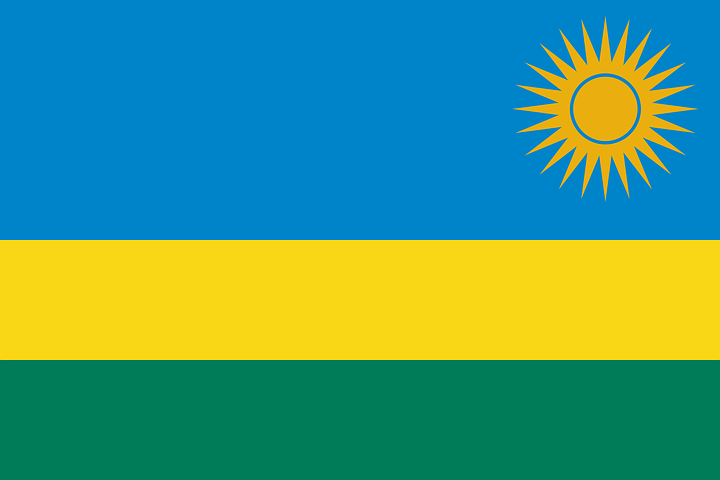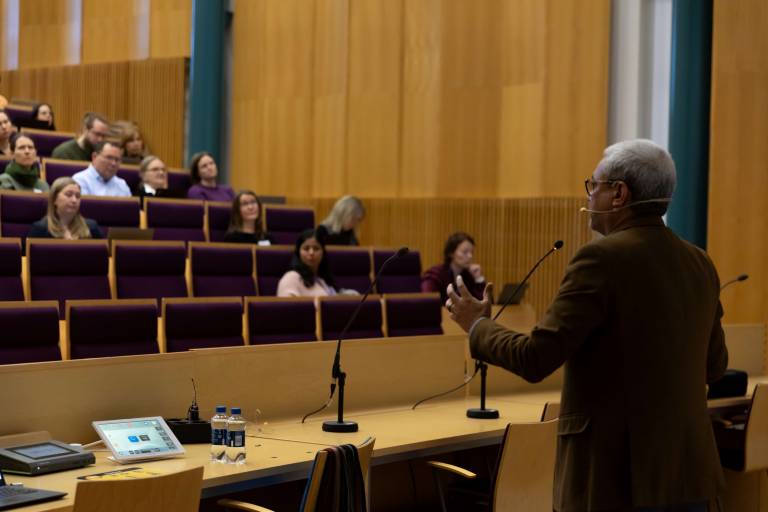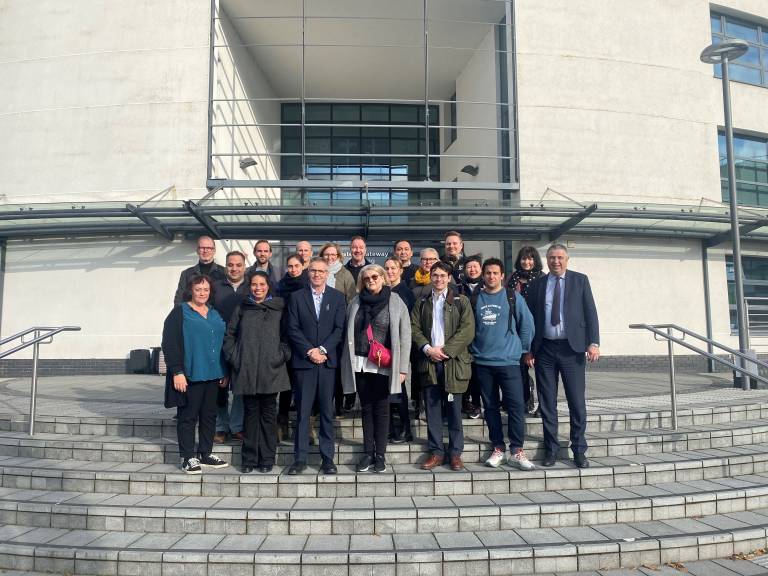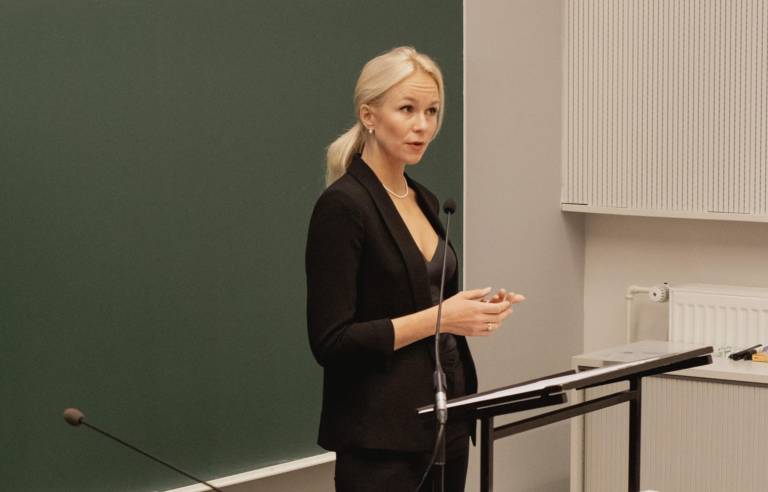Tampere University is a member of the pilot project Global Innovation Network for Teaching and Learning (GINTL). GINTL is a network of 20 Finnish universities and universities of applied sciences, funded by the Ministry of Education and Culture of Finland which supports research and development innovation in teaching and learning processes with Indian, Chinese and African Partners. As a part of the network activities, Íris Santos and Elias Pekkola participated in a 10-day visit to Rwanda to meet with members from the University of Rwanda and the Rwanda Polytechnic.
The Republic of Rwanda is located in Eastern African and has about 12.6 million inhabitants. Rwanda has 2 public and 29 private higher education institutes (HEIs). During the genocide of 1994, Rwandan infrastructure was largely destroyed; over the past 30 years Rwanda was able to re-construct itself in a remarkable way. Education has been identified as a crucial field contributing to the overall development of the country. The two public HEIs (University of Rwanda and Rwanda Polytechnic) have been investing heavily in improving overall education quality in the country through teacher training, as well as by building their own capacity as institutions of higher education in terms of management and administration.
In their policy document Vision 2050, the Government of Rwanda articulates a long-term policy blueprint for the sustainable development of the country, with the aim of “transform[ing] its economy and modernize[ing] the lives of all Rwandans” (2015, p. 5). Education is understood to have a critical role in achieving this goal, contributing to the improvement of human capital and consequently, having fundamental impacts in science, technology, and innovation which can improve national employability and career development as well as economic development. Thus, policymakers in Rwanda have been active in establishing policies that highlight and support education development, namely through its Education Sector Strategic Plan (SSP) and Higher Education Strategic Plan which reinforce the role of these education institutions as cross-sectorial development factors.
During this visit, Íris Santos presented a paper written with Elias Pekkola on international organizations’ roles and impacts in the development of education, titled “Constructing Education Systems in the Global South: The Role and Impacts of International Organisations through the Sensemaking of Finnish Education Experts” at the 1st International Conference on “Re-shaping Education for Sustainable Development”. This conference was organized by the University of Rwanda and focused on themes related to school leadership, teaching strategies including the use of ICT in teaching, inclusive education, STEM education, and overall quality of education, which are the main education related concerns not only in Rwanda but also in other countries represented in the conference. The conference had more than 200 participants coming from 17 different African and European countries.
The main aim of this visit was to develop a new partnership between two public Rwandan higher education Institutions (or higher learning institutions – as they are locally called) and several Finnish institutions: the University of Helsinki, Tampere University, and Tampere and Jyväskylä Universities of Applied Sciences. The participants of the post-conference meetings aimed at advancing the partnership identified the following needs: (1) development of competence-based curriculum and assessment for teachers’ education; (2) development of teachers’ skills regarding inclusive and child-centered education practices; and Tampere University’s Faculty of Management and Business focus area (3) improvement of higher education institutions’ management and quality assurance capacity.
Finnish expertise related to African societal systems is limited, thus, GINTL is a fundamental and timely enabler of synergies between different Finnish and African institutions, which can benefit partners in both Africa and Finland. In the case of the emerging partnership with the Rwandan public HEIs, the University of Helsinki, and Tampere and Jyväskylä Universities of Applied Sciences are the Finnish institutions involved in developing general teacher education and TVET (Technical and Vocational Education and Training) education at all levels. Tampere University’s Faculty of Management and Business participates in this partnership as an expert organization of policy, management, and leadership of public higher education which will help build capacity of Rwandan higher education institutions regarding institutional quality assurance and assessment.
In addition to the international collaboration with Rwandan HEIs, the global network pilot project has several other initiatives at Tampere University. At the institutional level, the Faculty of Education and Culture and the Faculty of Management and Business have combined their resources, under GINTL – Africa network, to create momentum on themes related to Finnish international education expertise, the role of international governmental and nongovernmental organizations, higher education institutions, and civil society organizations in developing educational policies in the Global South.
University Lecturer Elias Pekkola & Postdoctoral Researcher Íris Santos






Kommentit